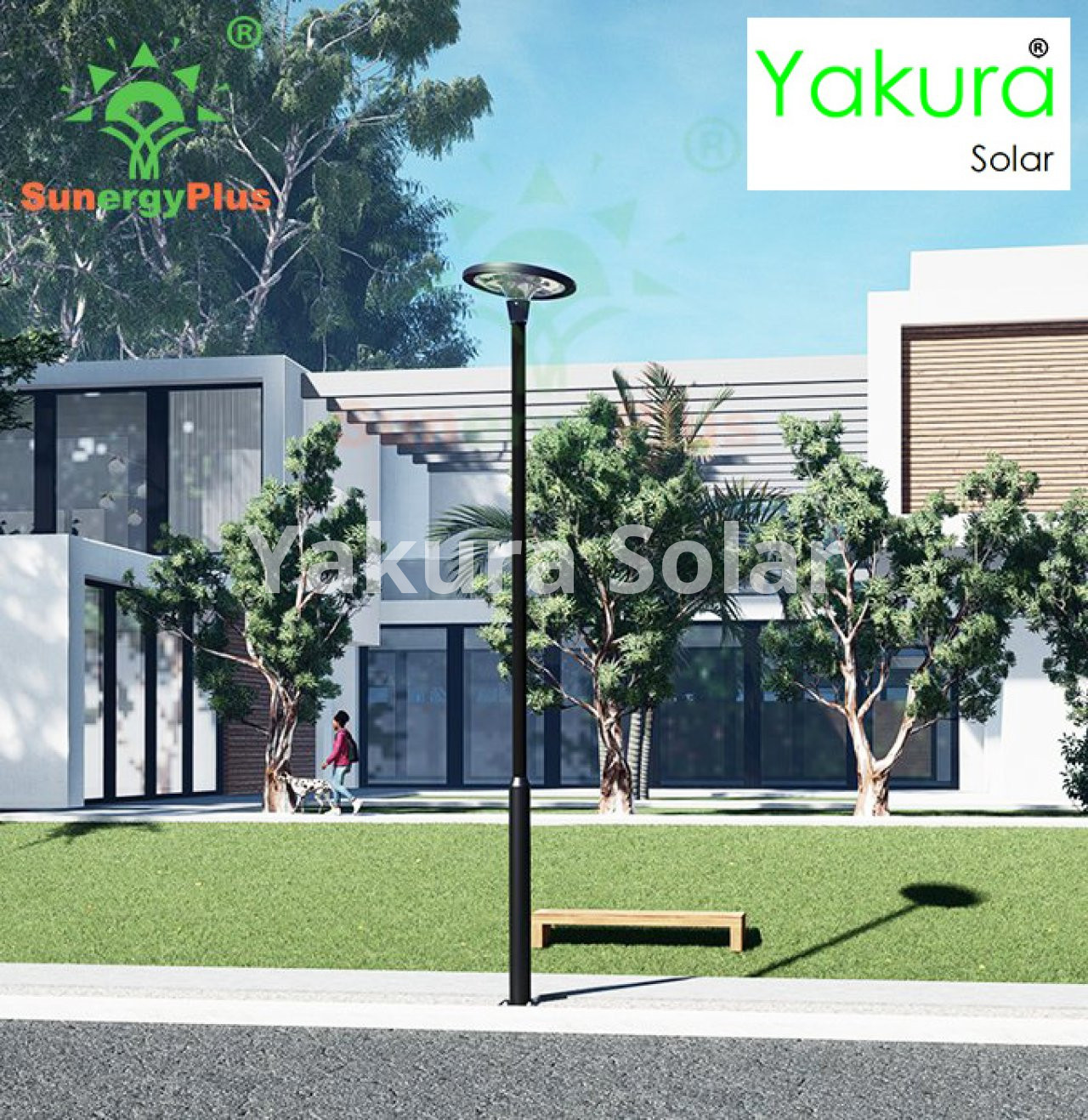Solar for Home in Salem
Solar Light
Solar power refers to the conversion of sunlight into usable electrical energy using photovoltaic (PV) panels or solar thermal systems. Here are some key points about solar power:

-
Photovoltaic (PV) Technology: Solar power primarily relies on photovoltaic technology, which involves the use of PV cells to convert sunlight directly into electricity. PV cells are made of semiconductor materials, such as silicon, that generate an electric current when exposed to sunlight.
-
Solar Panels: Solar panels, also known as solar modules, are comprised of multiple interconnected PV cells. These panels are installed on rooftops, ground-mounted structures, or other suitable surfaces to capture sunlight and generate electricity.
-
Solar Thermal Systems: Apart from PV technology, solar power can also be generated using solar thermal systems. These systems use sunlight to heat a fluid or material, which then produces steam to drive turbines and generate electricity. Solar thermal systems are commonly used in concentrated solar power (CSP) plants.
-
Grid-Connected Systems: Solar power systems can be connected to the electricity grid, allowing excess electricity to be fed back into the grid and credited to the owner through net metering or feed-in tariffs. This enables homeowners, businesses, and utilities to benefit financially from solar power generation.
When considering solar power for your specific needs, it's important to assess factors such as the availability of sunlight in your location, the orientation and tilt of solar panels, system size, energy storage requirements, and potential financial incentives or subsidies available in your area. Consulting with a solar energy professional can help determine the optimal solar power solution for your situation.




